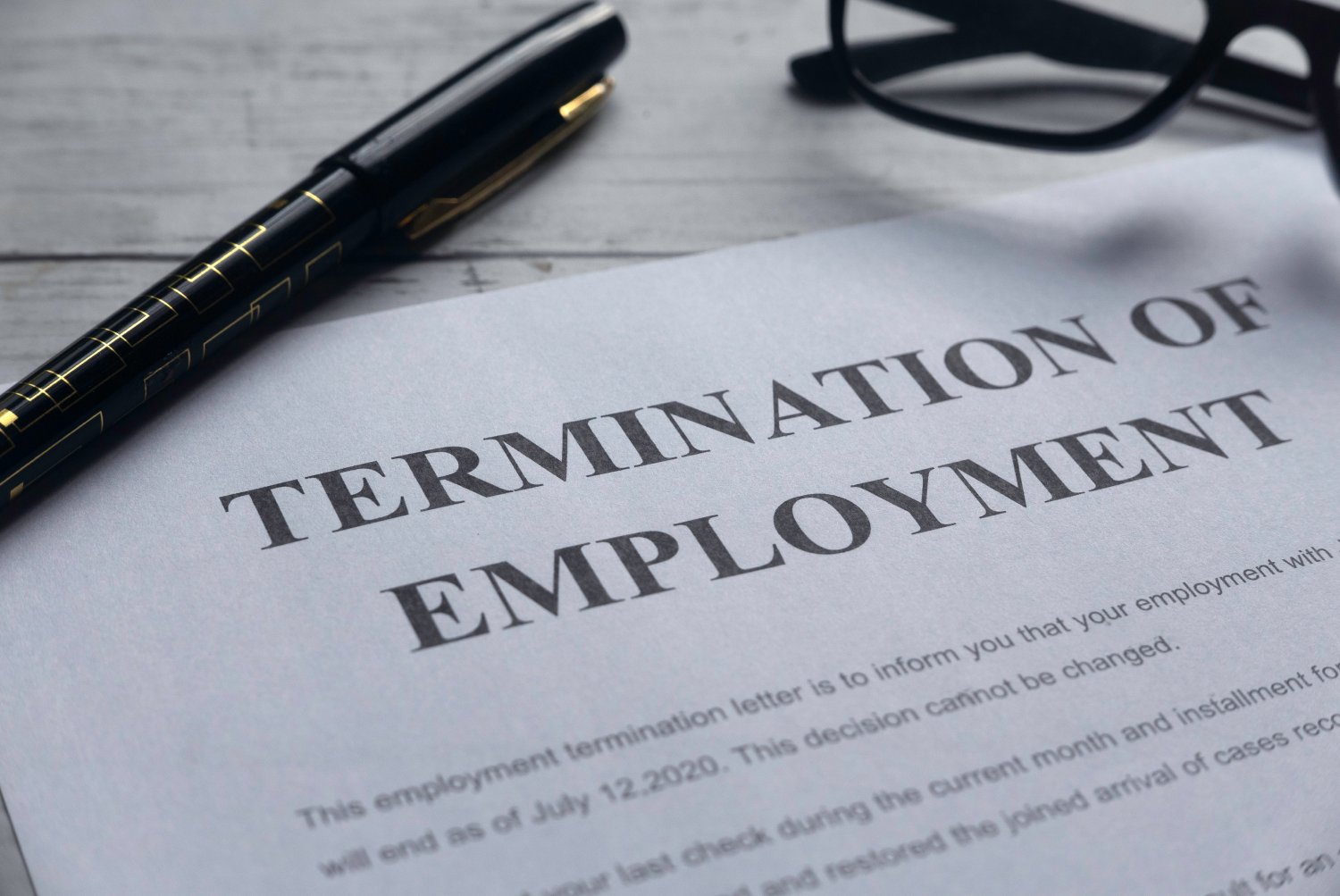TL;DR
When expanding globally, choosing the right hiring model is critical. An Employer of Record (EOR) handles payroll, taxes, and compliance for your employees, while the contractor model relies on independent workers managing their own legal obligations. Both have pros and cons depending on your business goals, timeline, and risk appetite. Hire Manila helps SMEs and foreign-owned companies navigate these options for smooth, compliant global hiring.
Why Choosing the Right Hiring Model Matters
Hiring international talent can be tricky. Missteps can lead to:
- Non-compliance with local labor laws
- Unexpected tax liabilities or penalties
- Mismanaged payroll and benefits
- Employee dissatisfaction or turnover
Understanding the EOR vs. contractor distinction is crucial for companies aiming to scale internationally without unnecessary legal or operational risk.
Employer of Record (EOR) Explained
An EOR is a third-party provider that becomes the legal employer of your international employees. You retain control over day-to-day management and workflow, but the EOR handles:
- Payroll processing and tax withholding
- Employment contracts and benefits compliance
- Local labor law adherence
- Onboarding and termination procedures
Pros of EOR:
- Full compliance with labor laws
- Reduced administrative burden
- Access to benefits and insurance for employees
- Easier expansion into multiple countries
Cons of EOR:
- Higher cost than independent contractors
- Less direct legal control over the employee relationship
Contractor Model Explained
The contractor model engages independent professionals who manage their own taxes, benefits, and legal compliance. Businesses usually pay a fee or retainer for services, without taking on full employer responsibilities.
Pros of Contractor Model:
- Lower upfront costs
- Flexibility in hiring for short-term projects
- Quick onboarding
Cons of Contractor Model:
- Limited control over work hours and priorities
- Risk of misclassification (independent contractor vs. employee)
- No benefits or formal employee protections
- Compliance risks if mismanaged
Key Differences Between EOR and Contractor Model
| Feature | Employer of Record | Contractor Model |
| Legal employer | EOR | Contractor themselves |
| Payroll & taxes | Handled by EOR | Contractor handles their own |
| Benefits & insurance | Provided via EOR | Not provided |
| Compliance risk | Low | High if misclassified |
| Control over work | High (day-to-day) | Limited |
| Onboarding speed | Moderate | Fast |
| Cost | Higher | Lower |
Insight: The EOR is ideal for long-term strategic hires; contractors are suitable for short-term or project-based work.
When to Choose EOR vs. Contractor
Choose EOR if:
- You plan to hire employees in multiple countries
- Compliance with local labor laws is critical
- You want to offer benefits to attract top talent
- You need long-term staff for core functions
Choose Contractor Model if:
- You need temporary or project-based work
- Budget constraints are strict
- You are testing new markets with low-risk hiring
- You want fast onboarding without long-term obligations
Common Risks and Misconceptions
- EOR Means You Lose Control: False. You still manage day-to-day tasks; the EOR handles legal and compliance obligations.
- Contractors Are Always Cheaper: Not necessarily. Misclassification or unpaid benefits could lead to fines.
- EOR Is Only for Large Companies: SMEs and startups benefit significantly from EOR services for fast, compliant global hiring.
Compliance Considerations
When hiring internationally, compliance is non-negotiable. Hire Manila ensures:
- Payroll is processed in accordance with local tax laws
- Employment contracts meet labor regulations
- Benefits are properly provided
- Terminations follow legal requirements
For contractors, companies must:
- Confirm legal status and work permits
- Verify tax registration and payment
- Avoid misclassification risks
Cost Comparison
| Model | Typical Cost Considerations |
| EOR | Monthly service fees, benefits, insurance, and taxes included |
| Contractor | Hourly/project fees, no benefits, potential risk costs if misclassified |
While contractors may appear cheaper upfront, EOR can prevent expensive legal or tax issues in the long term.
Operational Benefits of EOR
- Streamlined hiring and onboarding
- Consistent HR and payroll administration
- Ability to scale globally without opening local entities
- Reduced administrative burden for internal HR teams
Hire Manila helps businesses focus on growth while we manage compliance, payroll, and benefits end-to-end.
FAQs: Employer of Record vs. Contractor Model
- What is the difference between an EOR and a contractor?
EOR is the legal employer; contractors are independent workers responsible for their own compliance. - When should I hire through an EOR vs. contractors?
Use an EOR for long-term hires needing compliance and benefits; contractors for short-term or project-based work. - What are the compliance risks of each model?
EOR minimizes legal risks; contractor misclassification can lead to fines and penalties. - Does EOR limit control over employees?
No. You manage daily tasks; the EOR handles payroll, taxes, and benefits. - Can foreign companies hire contractors in the Philippines without an EOR?
Yes, but you assume all legal, tax, and compliance responsibilities. - Which model is faster to onboard?
Contractors are typically faster, as EOR requires administrative setup. - What industries benefit most from EOR?
Tech, finance, customer support, professional services, and any sector with cross-border hires. - Can I switch from contractor to EOR later?
Yes. Many businesses start with contractors and transition to EOR as they scale. - What costs should I expect with EOR?
Monthly service fees, employee benefits, payroll taxes—transparent and predictable with Hire Manila. - Is it safe to hire remote teams internationally?
Yes, if you use an EOR like Hire Manila to ensure compliance and proper onboarding.
Branded Callout Box: Hire Manila Advantage
Simplify Global Hiring with Hire Manila
Stop worrying about compliance, payroll, and benefits. Hire Manila provides:
- End-to-end Employer of Record services
- Legal and tax compliance in the Philippines
- Onboarding and termination support
- Payroll management and benefits administration
Focus on growing your business—we handle the HR and compliance.
Conclusion
Choosing between an EOR and contractor model depends on your company’s strategy, risk tolerance, and long-term goals. Contractors may be suitable for short-term, flexible work, but EORs provide full legal compliance, benefits, and operational support for permanent staff.
For SMEs and foreign investors, Hire Manila makes global hiring seamless—minimizing risk, handling payroll and compliance, and allowing your team to focus on business growth.
Key Takeaways:
- Understand the differences and risks of each model
- Use EOR for compliance-heavy, long-term hires
- Contractors are ideal for temporary, project-based work
- Partner with a professional provider like Hire Manila for smooth global hiring



